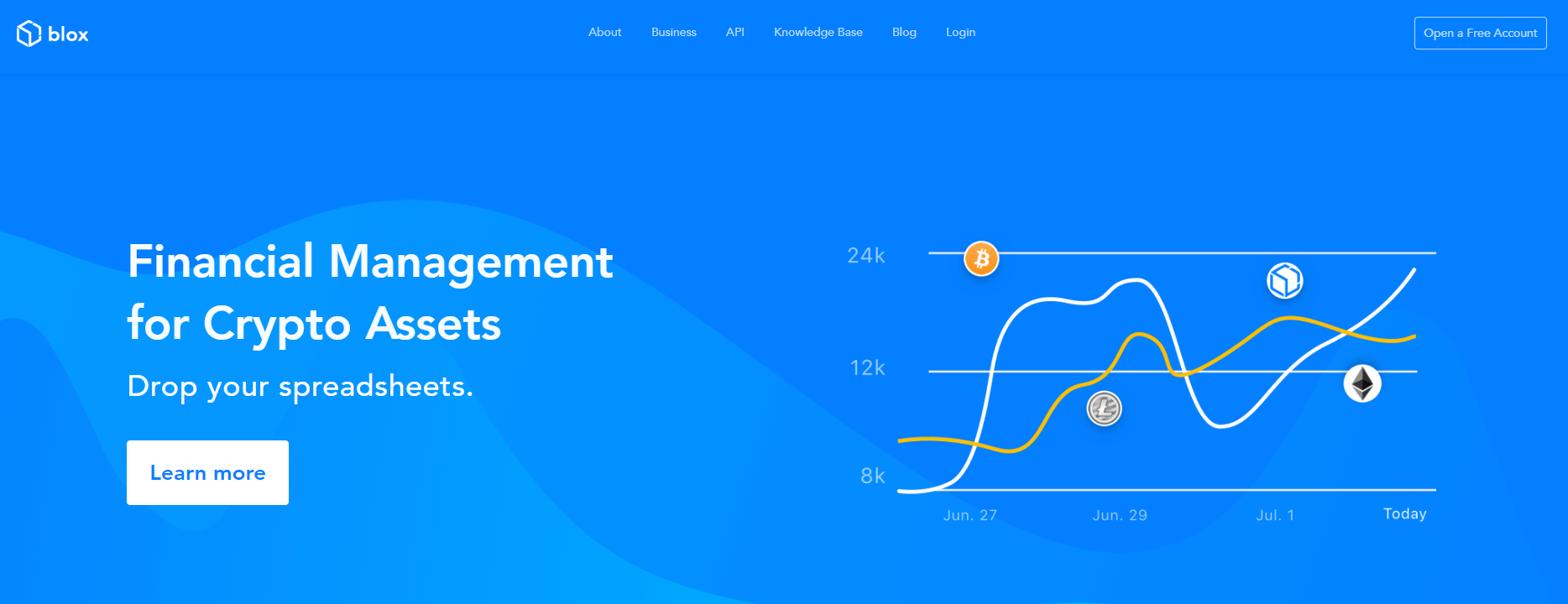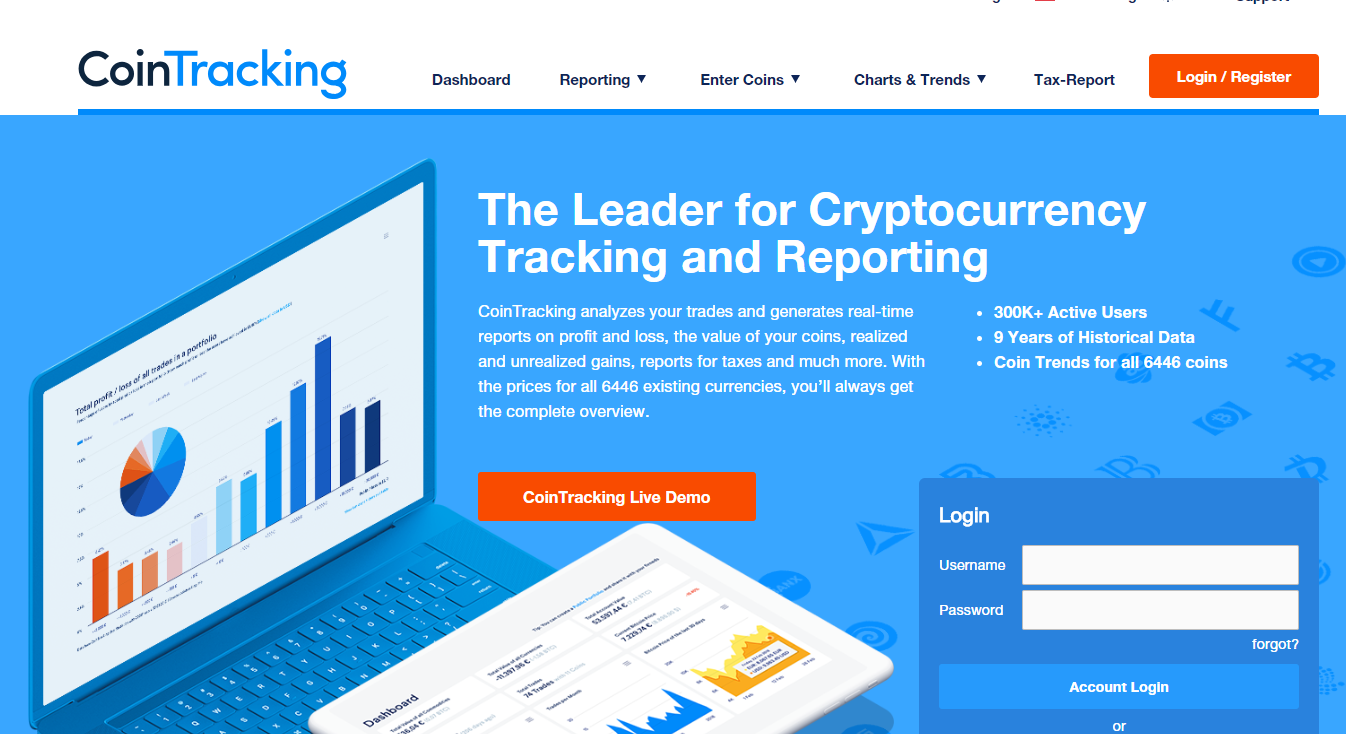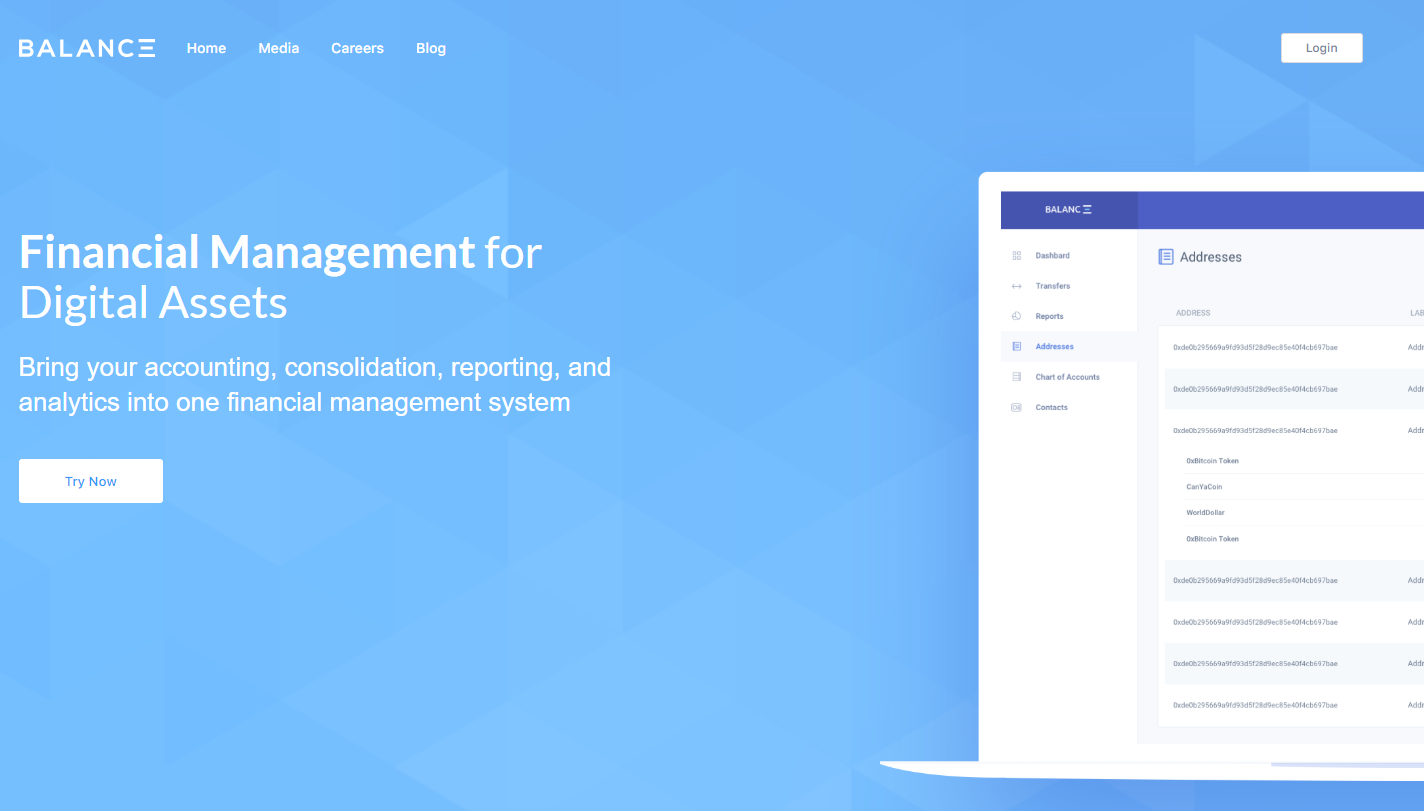Crypto markets might not be as thrilling as they were 12 months ago, but if you’ve come to own cryptocurrencies, whether through investment or as payment – they are still very much a “thing.”
While digital assets lack the hype that accompanied their initial proliferation, they continue to be popular, and exciting. Today, there are hundreds of companies that launched blockchain based products (using the popular ICO model) that are now facing the issue of managing their crypto assets, as they build their platforms and deliver on their promises.
Moreover, traditional investment vehicles like futures contracts are becoming more prolific and mainstream. As financial institutions develop new and improved products for the crypto space, more services, technologies, and ideas are becoming available. Of course, the SEC is expected to rule on the elusive and highly coveted crypto ETF that will further diversify digital asset portfolios.
Facebook is even developing a cryptocurrency for its popular WhatsApp messaging service, proving that the development and launch of new digital currencies is still a popular approach to technological innovation.
All things considered, it’s evident that there is a diverse and expansive digital asset investment ecosystem that has opportunities in store for all types of investors.
Of course, for those having to navigate these digital asset portfolios, deciding what to do next can be a confusing task. Crypto financial management is a relatively new field, and there are few accessible experts to help investors manage crypto accounting, taxation, auditing, and other related activities.
Fortunately, a plethora of services are making it easier than ever for crypto portfolio managers and large-scale companies, to account for their assets.
The Burgeoning Field of Crypto Asset Management
Cryptocurrency asset management is a critical component of investment maturity. It legitimizes the field, reminding skeptics that there is intention driving investment decisions and protects investors from costly accounting errors when managing their new investments.

Companies like Blox, CoinTracking, and Balanc3 are offering easy-to-use crypto portfolio trackers that are uniquely adept at navigating the relatively unchartered waters of financial management for crypto assets. While each of these products has its own feature sets and strengths, they approach the issue differently.
For example, crypto investments can be a disparate asset class with currencies and investments allocated between many exchanges and platforms. Bringing those assets into a single screen is critical for strategic management. Blox will automatically sync wallets and exchange accounts so that users have a quick and easy view of their assets from various exchanges and blockchains, and will import your entire transaction history which you can label and classify and export according to your needs and activity. Meanwhile, CoinTracking allows consumers to monitor asset volatility, providing real-time profit and loss reports for all digital assets.

Investors monitoring their cryptocurrencies portfolios using Balanc3 have simple access to gain and loss reports by classifying and tracking assets from many different investment platforms. As their name suggests, they are striving to be a one-stop-shop for monitoring the balance of a cryptocurrency portfolio.

To be sure, these crypto accounting tools have other features as well.
When taxation time comes around, crypto investors and accountants will have a difficult time assessing the tax burden of various assets without a streamlined approach to bookkeeping for crypto. Blox users get advanced crypto accounting tools such as ‘collaborative workspace’, to invite accountants, auditors, and bookmakers to review and comment on the project, and ‘export records’ to allow an easy way to consolidate and reconcile accounting reports.
This holistic approach to cryptocurrency financial management is also somewhat embraced by Balanc3, which provides export capabilities to various third-party accounting services.
When it comes to tracking, analyzing and accounting for crypto assets, Blox offers a holistic approach aimed at tackling the main pain points companies and professionals face when handling cryptocurrencies. Balanc3 offers relatively similar, yet less comprehensive, functionalities, while CoinTracking provides a comprehensive, searchable list of trades for easy access.
A Natural Next Step
It makes sense that companies like Blox, Balanc3, and CoinTracking emerge to provide the right solutions and solid infrastructures for businesses who want to make the leap to cryptocurrencies.
Since digital assets aren’t merely collectibles, investors need powerful, yet simple tools to better navigate the ecosystem. Their emergence certainly supports what investors need most: A-Z platform for cryptocurrencies financial management that can aid with all accounting, bookkeeping, and reporting needs that companies and individuals face.
To put it simply, cryptocurrency investors need the same resources available to traditional investors who trade on more established markets.
In bringing to the nascent crypto market, Blox, Balance3, and CoinTracking are paving a path forward for high-level cryptocurrency financial management.


















